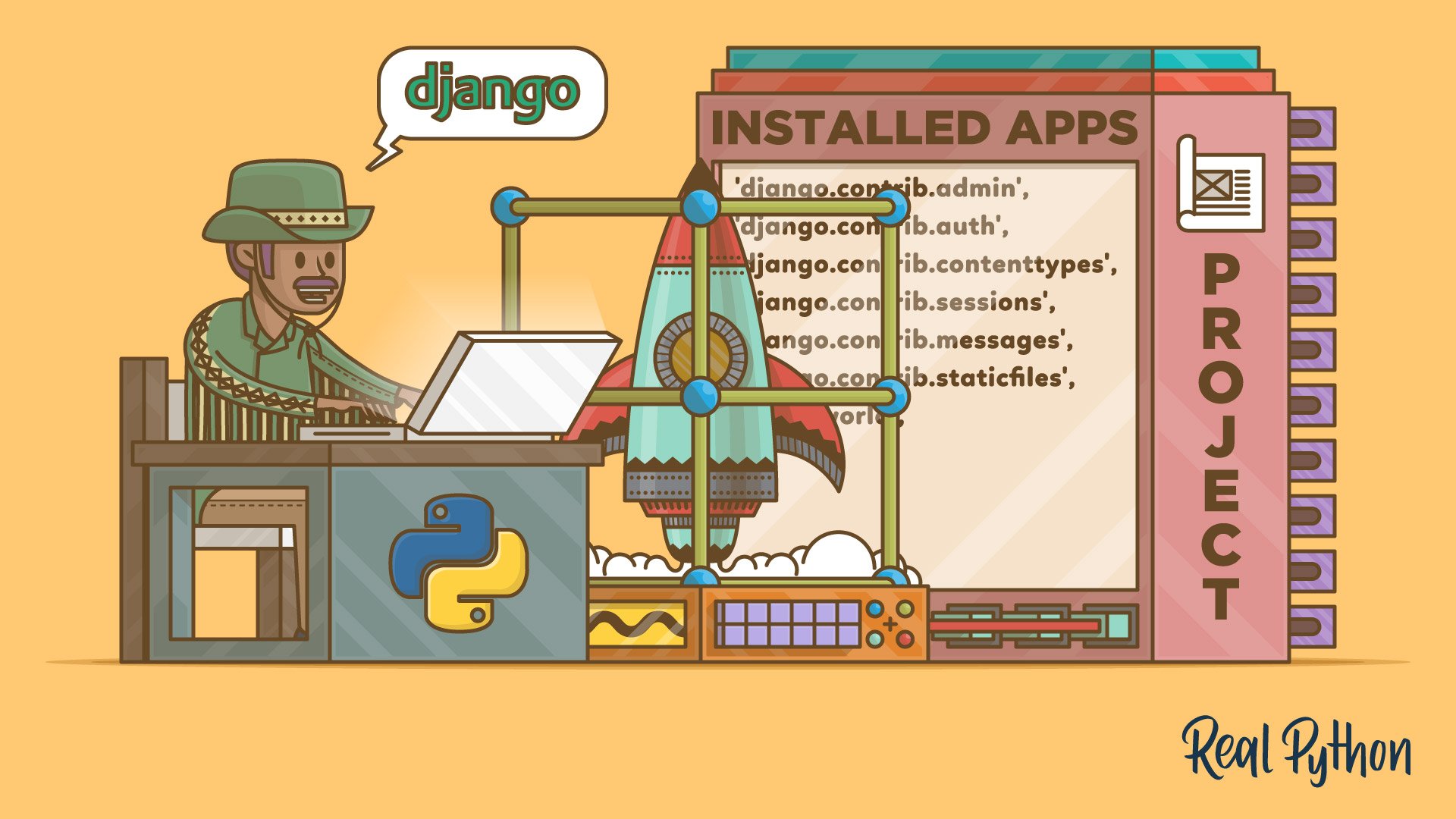Candid Insights
Exploring the latest trends and stories that shape our world.
Django Drama: Navigating the Wild World of Web Development
Unlock the secrets of web development with Django Drama! Join us on a wild ride to master coding and creativity like never before!
Understanding Django: A Beginner's Guide to Web Development
Django is a high-level Python web framework that enables developers to build robust web applications quickly and efficiently. It follows the model-view-template (MVT) architectural pattern, which separates the data, business logic, and presentation layers, making it easier to manage complex applications. By utilizing Django, developers benefit from features such as a built-in admin panel, an ORM (Object-Relational Mapping) system, and a powerful routing mechanism. This guide aims to help beginners understand the core components of Django and provide a solid foundation for diving into web development.
To get started with Django, it's essential to set up your development environment. Follow these steps:
- Install Python: Ensure you have Python installed on your machine.
- Set up a virtual environment: This keeps your project dependencies organized and isolated.
- Install Django: Use pip, Python's package manager, to install Django.
Once you have your environment ready, you can create your first Django project. The framework's convention over configuration approach allows beginners to focus on building features rather than worrying about setup details.

Common Challenges in Django Development and How to Overcome Them
Django development, while powerful and efficient, presents several common challenges that developers may encounter. One significant issue is the learning curve associated with its architecture, particularly for newcomers. Understanding the intricate workings of the Model-View-Template (MVT) pattern can be daunting. To overcome this challenge, developers can utilize comprehensive tutorials and official documentation, as well as engage in community forums and discussions. Participating in small projects to practice concepts can also enhance understanding.
Another prevalent challenge in Django development is database management, especially when dealing with complex queries or migrations. Developers often struggle with maintaining data integrity and optimizing performance. To address this, it is advisable to implement best practices in database design, such as using indexes for faster queries and performing regular audits on database performance. Additionally, utilizing the Django ORM efficiently can help streamline interactions with the database, ensuring that operations run smoothly and efficiently.
Is Django the Right Framework for Your Next Web Project?
Django, a high-level Python web framework, is designed to simplify the development process while encouraging clean, pragmatic design. If you’re considering Django for your next web project, it's essential to evaluate its core features. Some of these include:
- Rapid Development: Django's battery-included philosophy promotes a quick setup, allowing developers to focus more on building unique functionalities rather than reinventing the wheel.
- Scalability: With its powerful ORM and flexible architecture, Django can efficiently handle a growing number of users and complex data structures.
- Security: The framework comes with built-in protection against common web vulnerabilities, which is crucial for maintaining user trust.
However, it's important to consider the specific requirements of your project before choosing Django. For instance, if your web application requires real-time features or heavy event-driven capabilities, frameworks like Node.js might be more suitable. Additionally, while Django’s ORM is powerful, complex database queries might need optimization or special handling, which can require additional effort. Therefore, assessing your project needs against Django’s strengths and weaknesses is key to making an informed decision.